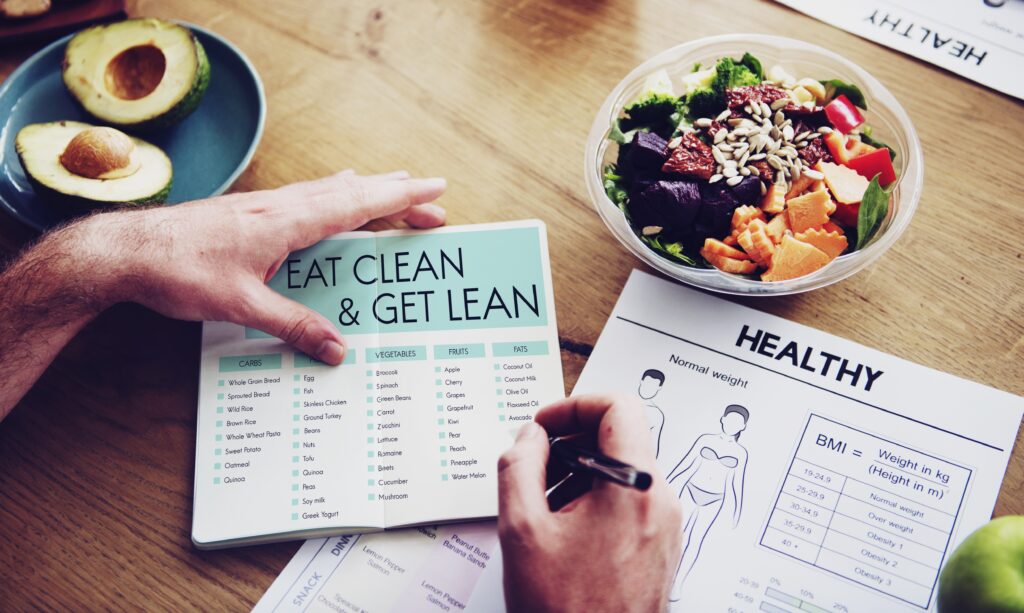Making a big dietary change can be intimidating. If you’re reading this, chances are you’re either seriously considering a change or have already started and need a bit of help. Here are some evidence-based tips to help you get started on eating clean and avoiding junk food.
Start by focusing on one food group at a time. Try gradually replacing processed and unhealthy foods with more natural and nutritious options. Find healthy recipes and meals that you enjoy, and make sure to always have nutritious snacks available for when you feel hungry.
Don’t rush anything, and be gentle with yourself. Making a big change like this takes dedication and patience, so don’t be discouraged if you don’t see results right away. You’ll be surprised at how much healthier you feel when you start to eat clean.

Walking or Light Exercise
Do you have a craving for sugary foods? Instead of indulging, why not take a brisk 15-minute walk? Researchers at the University of Exeter found that taking a walk was more likely to reduce food cravings than sitting still. Moreover, a review by Codella et al. revealed that gentle exercise activates the same dopamine reward pathways in the brain as sugar does. So, next time you want a sugary treat, try exercising instead; it’s good for you!
Being mindful
Mindfulness is a practice that encourages us to be more aware of our internal and external environments while eating. It can help us better understand our cravings and hunger, allowing us to make more informed decisions about which foods we eat and how much. This in turn can help us better digest and use the nutrients in the food we eat for a healthier overall lifestyle.
In order to practice mindfulness while eating, we need to be in the present moment. Here are six ways to help achieve this:
- Listen to your body’s signals of hunger, and only eat when you are physically hungry.
- Pay attention to when you feel satisfied and stop eating at that point.
- Eat with family and friends at specific times and in specific places, rather than randomly and alone.
- Choose foods that are nutritionally beneficial rather than those that are emotionally comforting.
- Focus on your food while you eat rather than doing other activities such as reading or using your phone.
- Consider the source of your food and the process of it getting to your plate.
Make better choices for yourself.
In the modern world, we have an abundance of food compared to our ancestors, yet our bodies are still programmed to ‘stock up’ on calories during periods of plenty. To make sure we are making the best decisions, here are some tips to help us:
Take time to clear out your kitchen and workspace of any unhealthy foods. Instead, fill it with healthy, clean snacks.
- Make sure to eat regularly so you don’t become too hungry and make bad decisions.
- Avoid going to the supermarket hungry and always follow a list.
- Have a protein bar or something similar in your pocket to avoid cravings.
- Before eating out, research what they serve and decide what you will eat in advance.
- Allow yourself to treat yourself occasionally, as it can be a sanity saver!
Training your body to eat clean foods can be a difficult task, but it is well worth the effort. Eating clean foods can help improve your overall health and well-being, as well as help you maintain your weight. Eating clean foods can also help you save money and reduce your risk of developing chronic diseases. Making the switch to clean foods can be difficult at first, but with dedication and practice, you can successfully train your body to eat clean foods.
